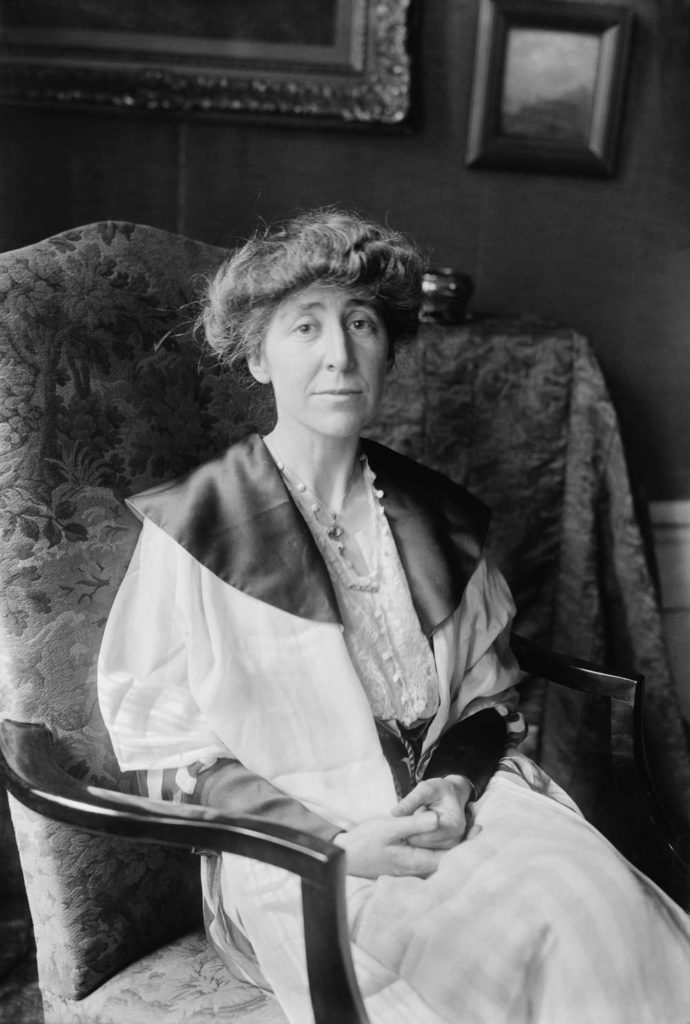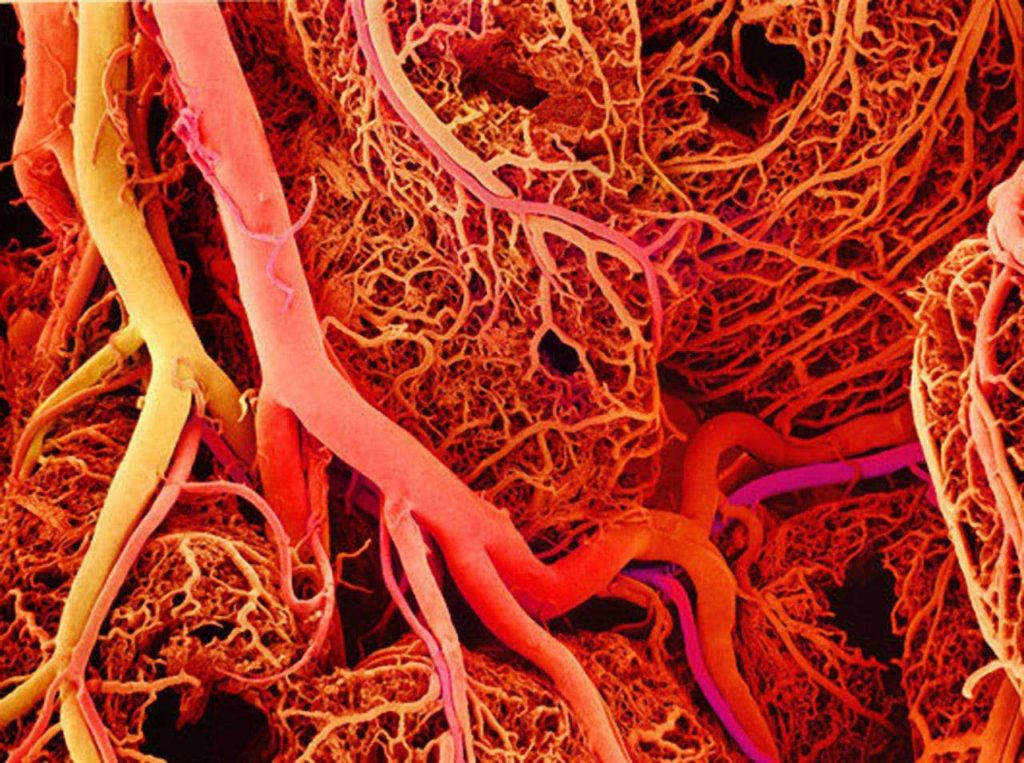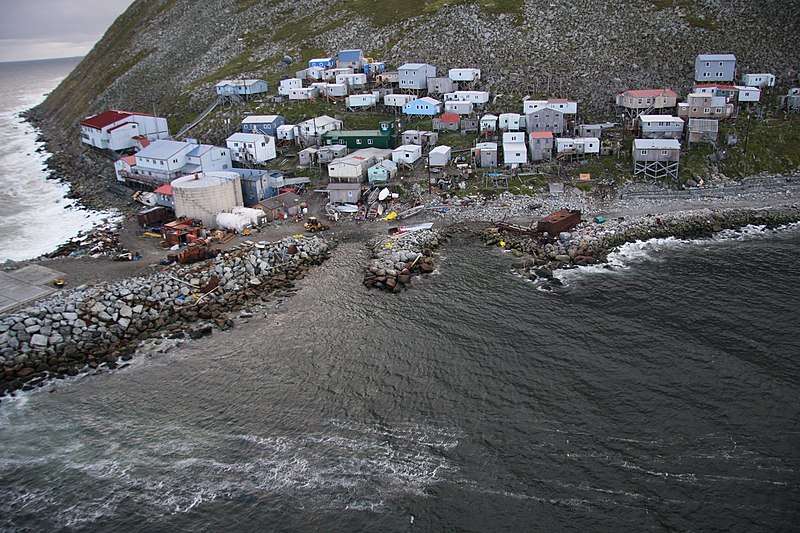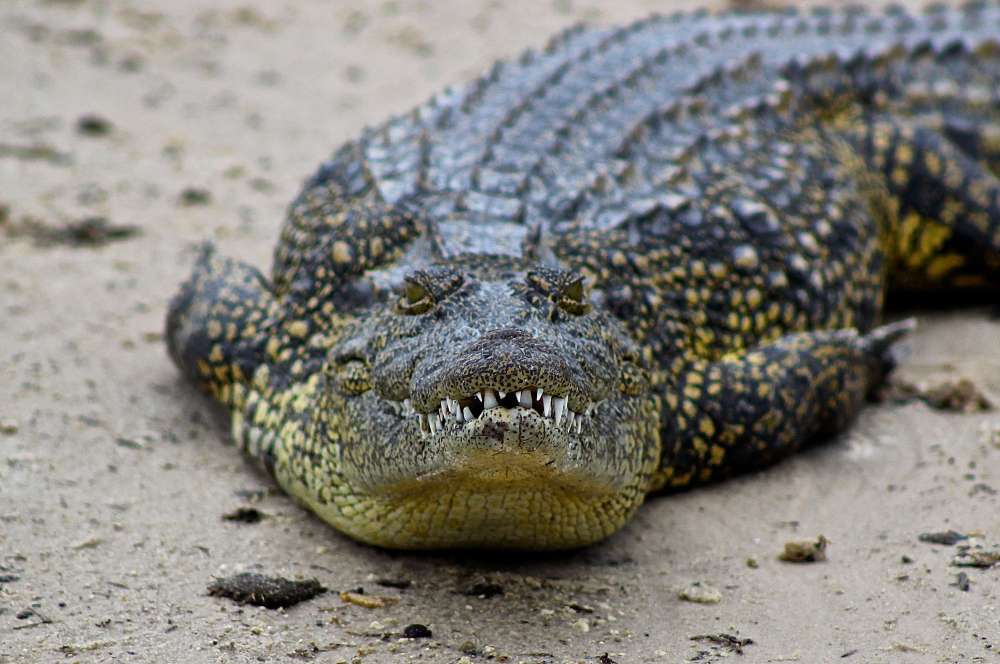
1. That’s stupid! Those who have an IQ between 0 and 24 are Idiots; IQs between 25 and 49 are considered Imbeciles; those who have an IQ between 50 and 74 are considered Morons; and those who have an IQ between 75 and 84 are considered Borderline.

2. American women were given the right to vote in 1920, but before that, Jeannette Pickering Rankin — an American politician and women’s rights advocate, became the first woman to hold federal office in the United States. She was elected to the U.S. House of Representatives as a Republican from Montana in 1916 (and again in 1940).

3. Thirteenth-century philosopher John Duns Scotus believed that a pointed cap would help spread knowledge from the tip to the brain, and his “Dunsmen” followers wore them as a badge of honor. In the 1500s, though, his ideas became less popular, and the meaning of the Duns cap was turned on its head, becoming something of a joke.

4. Lobsters taste with their feet. Tiny bristles inside a lobster’s little pincers are their equivalent to human taste buds. Meanwhile, lobsters’ teeth are in one of their three stomachs.

5. You’d think Windsor Castle was named after the House of Windsor, but it’s the other way around. The royal family changed its name from Saxe-Coburg-Gotha in 1917 so it would sound less German and chose Windsor because they had ties with the English town.

6. The original 3 Musketeers bars of the 1930s came in three-packs, with a different nougat flavor in each: vanilla, chocolate, or strawberry. World War II rations made that triple threat expensive, so the company cut down to one – chocolate, the most popular one.

7. The Empire State Building has its own ZIP code – 10118. The ZIP stands for Zone Improvement Plan. The first number stands for a group of states, starting at zero on the east coast and ending at nine on the west coast. The second and third numbers specify to which sectional center facility the mail should go in that area. And the last two designate smaller post offices or postal zones. (See a video HERE.)

8. The Statue of Liberty used to be a lighthouse. About a month after its dedication in 1886, it became a working lighthouse for 16 years, with its torch visible from 24 miles away.

9. A flock of ravens is called an “unkindness.” They’re also known as a “conspiracy,” which is equally creepy.

10. “Albert Einstein” is an anagram for “ten elite brains.” Seems fitting.

11. Scottish regional airline Loganair operates the shortest commercial flight in the world between the islands Westray and Papa Westray, a distance of 1.7 miles. It is scheduled for 90 seconds.

12. There are 5 countries in the world that don’t have airports: Vatican City, San Marino, Monaco, Liechtenstein, and Andorra.

13. When Cleopatra was on vacation on Sedir Island in Turkey, she wasn’t satisfied with the beaches. So her lover (Mark Antony) had the white sand that she preferred brought all the way from Egypt so that she could enjoy it on foreign shores. Sedir is now known as Cleopatra’s Island for this reason.

14. There are approximately 100,000 miles of blood vessels in the average adult human body. The circumference of the earth, at the equator, is approximately 25,000 miles. If all the blood vessels of an adult were placed end to end, the blood vessels would circle the equator four times. Most of the blood vessels are composed of microscopic capillaries, which are short in length—but there are approximately 40 billion of them in the human body!
Yesterday and Tomorrow Islands


At the narrowest part of the Bering Strait, 51 miles is all that separates Cape Dezhnev on the Chukotka Peninsula in Russia and Cape Prince of Wales on mainland Alaska. But Russia’s Big Diomede Island is even closer to mainland Alaska—about 25 miles away. And the distance between the two countries is actually much smaller. Just 2.4 miles separate Big Diomede Island (Russia) and Little Diomede Island (U.S.).
The water passage between the two islands is bisected by the maritime border of the two countries. It was historically nicknamed the ‘ice curtain,’ which had more to do with Cold War tensions than climate. Today, Little Diomede has a small permanent community—about 146 people. The town is located on a small beach on the island’s western side, meaning that Russia’s Big Diomede and even the mainland are visible from the homes. (And, no, Sarah Palin did not live here.)
Another invisible line runs between the islands and inspired the nicknames ‘Yesterday’ and ‘Tomorrow’ islands. Big Diomede and Little Diomede sit on opposite sides of the International Date Line. A NASA Earth Observatory commented: “When you look at the Big Diomede Island, you’re looking into the future!” (In Russia, Big Diomede—which has an area of 4 square miles—is known as Ostrov Ratmanova [Ratmanova Island].
Pyrrhic Victory
At the narrowest part of the Bering Strait, 51 miles is all that separates Cape Dezhnev on the Chukotka Peninsula in Russia and Cape Prince of Wales on mainland Alaska. But Russia’s Big Diomede Island is even closer to mainland Alaska—about 25 miles away. And the distance between the two countries is actually much smaller. Just 2.4 miles separate Big Diomede Island (Russia) and Little Diomede Island (U.S.).
The water passage between the two islands is bisected by the maritime border of the two countries. It was historically nicknamed the ‘ice curtain,’ which had more to do with Cold War tensions than climate. Today, Little Diomede has a small permanent community—about 146 people. The town is located on a small beach on the island’s western side, meaning that Russia’s Big Diomede and even the mainland are visible from the homes. (And, no, Sarah Palin did not live here.)
Another invisible line runs between the islands and inspired the nicknames ‘Yesterday’ and ‘Tomorrow’ islands. Big Diomede and Little Diomede sit on opposite sides of the International Date Line. A NASA Earth Observatory commented: “When you look at the Big Diomede Island, you’re looking into the future!” (In Russia, Big Diomede—which has an area of 4 square miles—is known as Ostrov Ratmanova [Ratmanova Island].
Alligators vs. Crocodiles


Crocodiles belong to the family of crocodilians and are subcategorized as Crocodylidae. Alligators belong to the same family as crocodiles but belong to a different subgroup known as Alligatoridae. Crocodiles are found mainly in Africa and in parts of Australia (although there is a presence America also). Alligators are mostly found in the United States’ coastal regions of the south. Crocodiles are blackish gray in color while alligators are brownish.
Alligators are more hostile. The salt glands in crocodile function properly but the salt glands in alligators do not work. Each has different forms of sensory organs on their bodies. Crocodiles have a jaw which is triangular in shape (and looks like V); alligators have jaws which are round (and look like a U). Crocodiles have the same upper and lower jaw sizes while alligators have a bigger upper jaw and smaller lower jaw. Crocodiles prefer living in healthy waters such as sea or rivers while alligators prefer living in salt waters and even oceans. Crocodiles have a longer life span (100 years) than alligators (50 years).
Female alligators s are only eight to ten feet long, weighing 700 pounds. Males get to be around 13 feet long and tip the scales at 1,000 pounds. Although the sizes of both vary significantly, for the most part crocodiles are considerably larger—and be as long as 23 feet.
Frogs vs. Toads

Frogs and toads are both classified as amphibians. Amphibians are cold-blooded vertebrates that spend the early part of their lives in water (breathing with gills) and the rest of their lives on land (breathing with lungs). Frogs: need to live near water to survive; have smooth, moist skin that may look or seem slimy; have a narrow body with round eyes that bulge; have long hind legs that help them take long, high jumps; have many predators. Toads, on the other hand: don’t need to live near water to survive; have rough, dry, bumpy skin; have a wide body with oval eyes that don’t bulge as much as frogs’ eyes; have short hind legs that allow them to take small hops rather than jumps; don’t have many predators because their skin has a bitter taste and smell that deters predators.
These differences don’t hold true across all species. In fact, certain species can fit into both categories; it’s possible to find a frog with bumpy skin or even a slimy toad! (But don’t worry, neither one causes warts. Want to learn more? Really? J Watch a video HERE.
February
“February”comes from the Roman month Februarious, named for the festival of februum, a Roman purification ritual held on February 15th. The “r” after the “b” in februum made its way into our modern spelling, although most people today don’t pronounce the extra “r”.
Why is the Bible called the Bible?

Quite simply, the word “Bible” means “books.” The Oxford English Dictionary traces the path of the word through the Greek ta biblia, meaning “the books,” originating from the Greek word, biblos (which could refer to either “scroll” or “papyrus”).
Swearing

There have always been words that are used to express strong emotions. Some have become naughty and nasty because of two things: the intention behind their use (anything can be a swear word if said in the right way – imagine hurting yourself and shouting, “Oh, socks!”) and because most of our swear words are names for things that are considered impolite. The most common swear words are to do with bodies and bodily functions, which are private, messy, or rude, and the more we avoid using them, the more power the words have when we do. It isn’t known how the earliest speakers of English swore, because it wasn’t written down. Before the 15th century – which is when swearing first appeared in writing – most writing was done by monks, and they were too good, and their work too important, for them to write down swear words.
Republic of Nauru

Nauru is the third-smallest country in the world behind the Holy See (Vatican City) and Monaco; it is the smallest country in the Pacific Ocean, the smallest country outside Europe, the world’s smallest island country, and the world’s smallest independent republic. It is about 8 square miles in size and is the only country in the world with no capital city.
The Last Letter

“Z” may be the last letter in alphabetical order, but the last letter added to our alphabet was actually “J.” In the Roman alphabet (the English alphabet’s father), “J” wasn’t a letter. It was just a fancier way of writing the letter “I” called a swash. When lowercase “i”s were used as numerals, the lowercase “j” marked the end of a series of ones, like “XIIJ” or “xiij” for 13. Both letters were used interchangeably to write the vowel sound /i/ (like the “i” in igloo) and the consonant sound /j/ (like the “y” in yes).
Then along came Gian Giorgio Trissino, a grammarian who wanted to reform Italian linguistics. In 1524, he wrote an essay that identified “I” and “J” as two separate letters. “I” distinguished the aforementioned vowel, and “J” became a consonant that probably sounded more like the “j” in Beijing. Others later adopted his use of “J,” but Romance languages altered its pronunciation to the “j” we’re familiar with (as in jam).
Shades of the Jetsons

A flying car capable of converting from a road to an air vehicle has received an airworthiness certification in Slovakia. Having completed more than 70 hours of successful test flights, it has wings and a tail that deploy on demand, is cable of speeds up to 190 mph and have a range of about 600 miles. <READ MORE HERE>
In a Jiffy

A ‘jiffy’ is an actual unit of time, but it means different things in different fields of study. The term ‘jiffy’ is often used to describe a very short but unspecified period of time, for example: “I’ll have it for you in a jiffy!” Gilbert Newton Louis (1875–1946) proposed the unit of time called the ‘jiffy’ which was equal to the time it takes light to travel 1 centimeter (approximately 33.3564 picoseconds). Since then, it has been redefined and used for different measurements in different fields of study. In electronics, a jiffy is the time between alternating current power cycles (1/60th or 1/50th of a second). In computer animation, a jiffy is sometimes used as a method of defining playback rate, with the delay interval between individual frames specified in 1/100th-of-a-second jiffies. In astrophysics and quantum physics, a jiffy (as defined by Edward or Harrison) is the time it takes for light to travel one fermi which is approximately the size of a nucleon. It is approximately one nanosecond.
More than you want to know:
A picosecond = one trillionth of a second.
A fermi is a measure of length (equivalent to a femtometer) equal to one quadrillionth of a meter.
A nanosecond is one billionth of a second.




